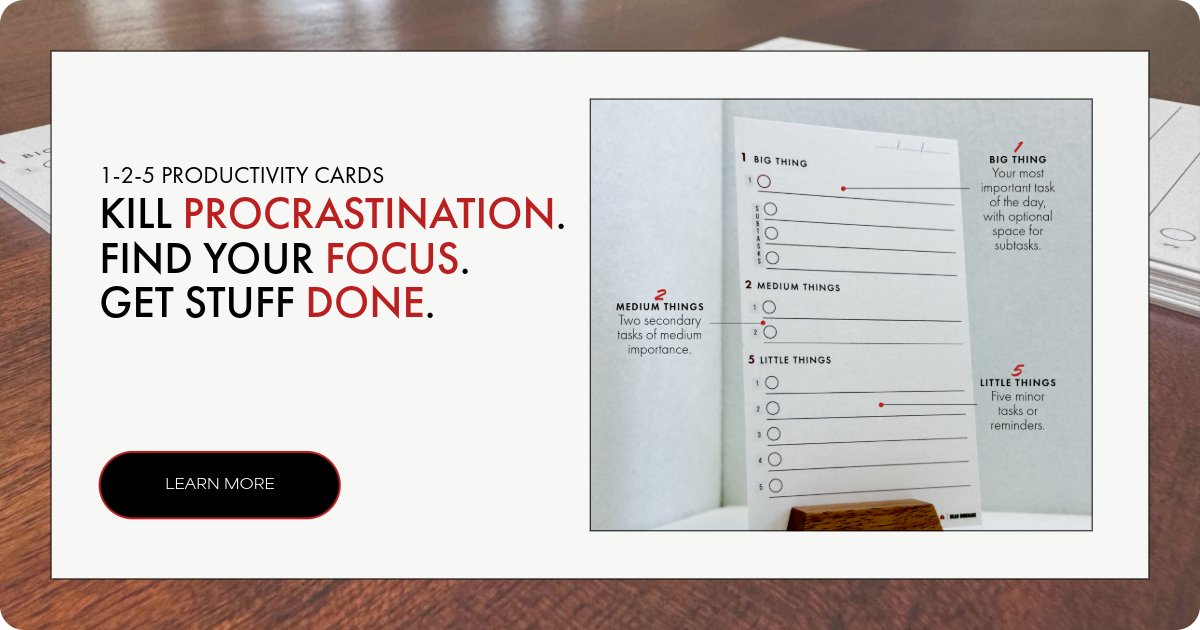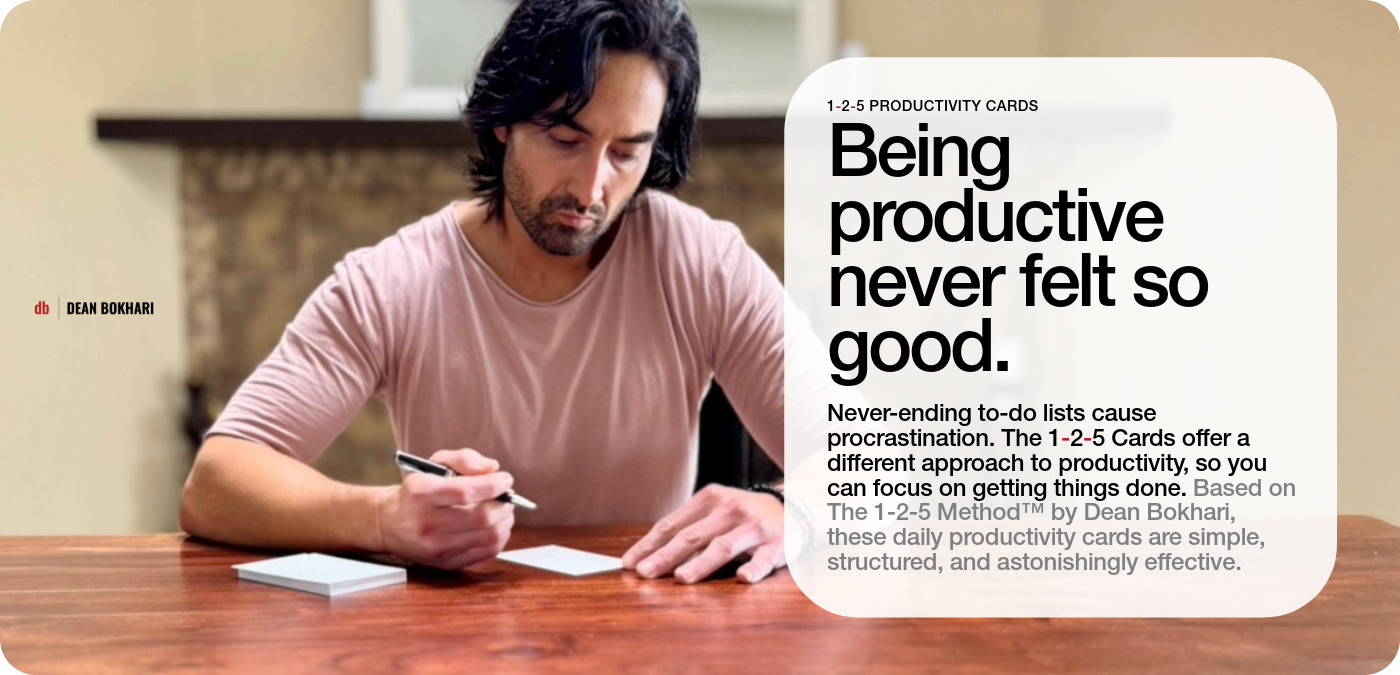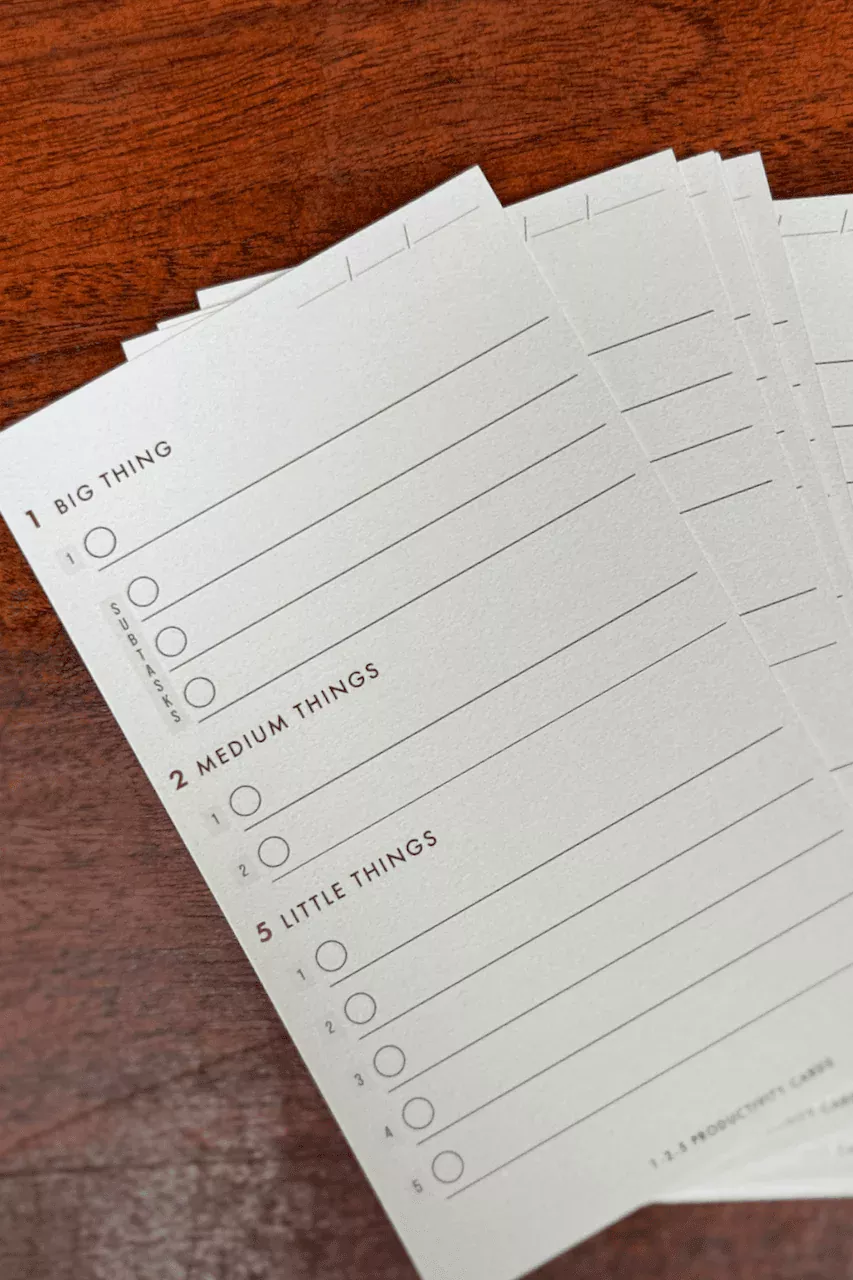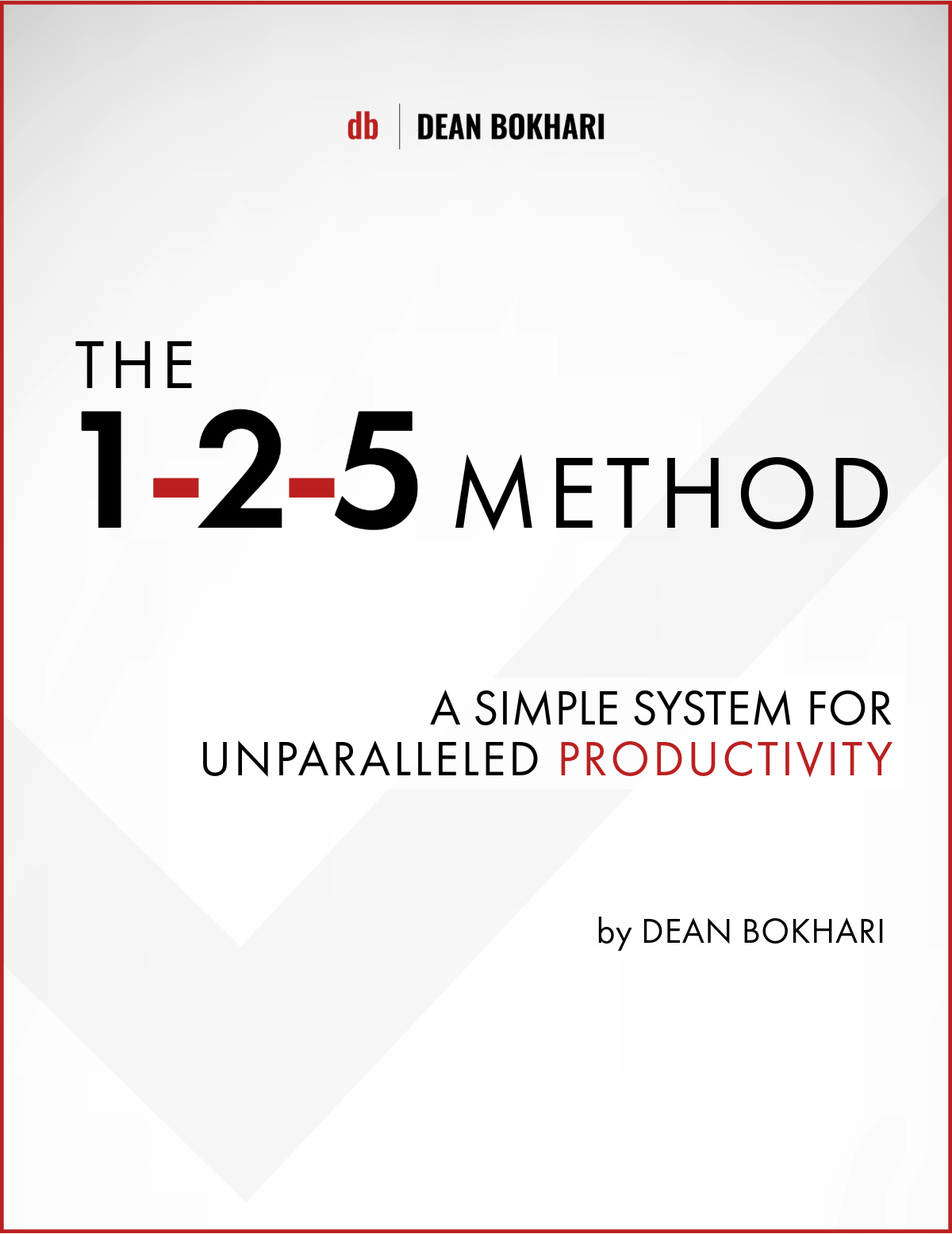Does
Temperature Change Really Impact How Fast People Work?
Contributed by Beth Rush
Reaching your goals requires dedication, but you should also feel physically comfortable. Temperatures can affect your performance and well-being, but many don’t realize the connection. Uncover why your body responds differently to understand why people work better in various conditions and how to protect your health.
The Science Behind Temperature and the Human Body
Researchers with the Yale School of Medicine found that when neural cells warmed by one degree Celsius, they fired either faster or slower. A person’s brain activity depends on regulating their body temperature. Warming environments hospitalize 9,235 people annually, but biological changes happen on a cellular level long before heat-related illnesses cause symptoms.
Cold temperatures also change biological functions. When people get chilly, the lowering temperatures cause higher blood pressure, leading to hypertension and cardiovascular diseases. Your blood vessels constrict and slow oxygen delivery to the rest of your body.
Spending time in a warm or cold space changes how you feel. The body’s physiological processes react differently at certain temperatures, regardless of whether you don’t mind the extra heat or a cool breeze.
Do People Work Better in Hot or Cold Environments?
People work better in an environment where they feel most comfortable. The results are slightly different for everyone. Research in the Journal of Occupational and Environmental Medicine found that workers finish half their outdoor shift in 40-degree Celsius environments and lose two hours of work in five-degree Celsius temperatures.
Professionals working indoors have more limited temperature change ranges. Adjusting the office thermostat by a few degrees may cause disagreements, but a recent study found a lack of evidence connecting productivity with specific conditions. The primary influencers might come down to your muscle mass, body fat percentage, health conditions and what you wear to work every day.
Best Temperatures to Improve Your Productivity
If the temperature affects work conditions for yourself or your team members, start tracking information for review. You could log details like what the office thermostat reads when people have slower or busier days. When you feel uncomfortable, note your physical symptoms, what you’re wearing and where you are in the workplace.
Those details will inform how you understand your body’s responses to the typical office temperature, which changes how you care for yourself and others. You’ll know when the thermostat might affect your productivity and feel confident that you’re caring for your health with greater self-understanding.
Optimal Temperatures for Human Health
The World Health Organization recommends keeping your environment at a minimum of 18 degrees Celsius in the winter to support your health. However, raising the thermostat a bit higher could make you more comfortable when you’re awake. See how your body feels after your office or home shifts to the cooler setting before deciding for yourself.
If you have health goals to regulate or enhance your metabolism, adjusting the temperature of your daily environment might not make much of a difference. Researchers found that a person’s temperature and mass don’t have any connection to changing temperatures outside of the body. You may achieve better results by supporting your metabolism through diet, exercise and lifestyle changes.
While the findings are notable, they won’t apply to everyone. If you have a joint condition, you likely experience more chronic pain when the room temperature drops even by a slight degree. Someone who lives with hot flashes due to menopause or a diabetes diagnosis may feel more uncomfortable in a warmer space. Merging your understanding of how environments affect people and your body’s responses to temperatures will help you find the best thermostat setting for your needs.
Ways to Modify Your Environment
No one can control the weather, but you can make minor adjustments to feel better in any condition. Consider which strategies would make the most positive difference in your daily routine to start with effective changes.
Use the Thermostat
Changing the thermostat by one degree might not seem significant, but see how it makes you feel. If you spend most of your time in your house, you have complete control over the settings. Anyone with uncomfortable working temperatures can speak to whoever manages the thermostat to find a better setting.
Wear a Smart Tech Device
A smart watch or ring is helpful when learning how temperatures affect your body. Note how your productivity, moods, energy or any other factor changes throughout the day before comparing it with your smart device data. You’ll find correlations you might not have noticed before. A smart device could also create more informed conversations with your doctor if you’re pursuing health goals.
Change Your Clothes
Experiment with your clothing in different temperatures. Your productivity may fall when you wear khaki pants in a hot office, but you could retain better focus while wearing ones made with a polyester blend. You’ll also see if certain types of clothing distract you based on their seams or cuts. Additional information about your comfort preferences will help you understand how your body feels best.
Stay Healthy and Productive Anywhere
Temperature affects people at home, in the workplace and anywhere else. Uncovering the science behind how the body responds to different temperatures is an excellent first step in learning its connection to productivity and well-being. Track notes about yourself over time to make positive health and work life changes, regardless of your routine.
by Beth Rush • Managing Editor at Body+Mind
✨ New Series: How to Become an Early Riser
- Discover key methods to make early rising a habit
- How to wake up early + energized every morning
- Morning routines for health + success
Free self-development courses
👇
Tap on any of the courses below to start learning how to:
- boost your productivity (with GTD),
- get focused (with Deep Work),
- or learn the art of influencing others (with the How to Win Friends & Influence People course.)
All for free.
👇
Free life guides
👇
Best-selling Self-development courses by Dean Bokhari
Kill procrastination.
|
Get stuff done.
|
Get motivated.
|
Connect with anyone.
|
freshly pressed:
Top Audiobooks narrated by Dean Bokhari on audible | |
Book summaries
- The Power of Habit by Charles Duhigg
- 12 Rules for Life by Jordan B. Peterson
- Presence by Amy Cuddy
- Leaders Eat Last by Simon Sinek
- The ONE Thing by Gary Keller, Jay Pasan
- Deep Work by Cal Newport





































